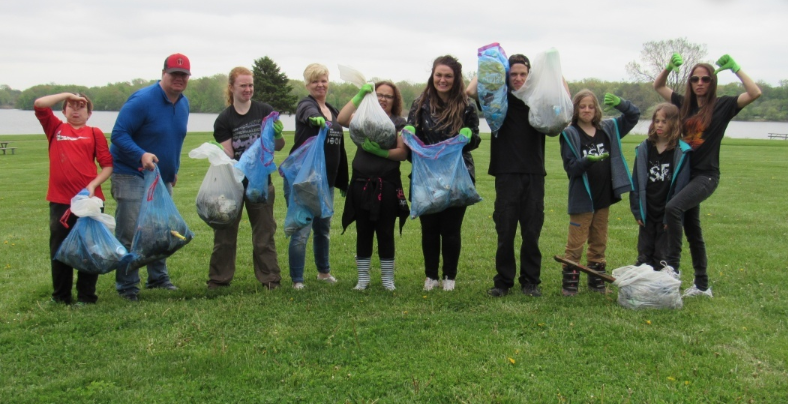Defining Community Engagement
Community engagement is defined as the extent to which college and university students serve the unmet human needs of people in their communities (i.e. housing, health issues, hunger, etc.). The term community engagement includes community service and civic engagement activities consistent with Putnam’s concept of social capital that require the time and effort of the participant, with the ultimate goal of bettering the community. In the context of the NASCE, community engagement incorporates all community service activities participated in by students through individual efforts, clubs or organizations, work or internships and classes.
The NASCE instrument asks students about their participation in community engagement across multiple areas of human need. Definitions are as follows:
